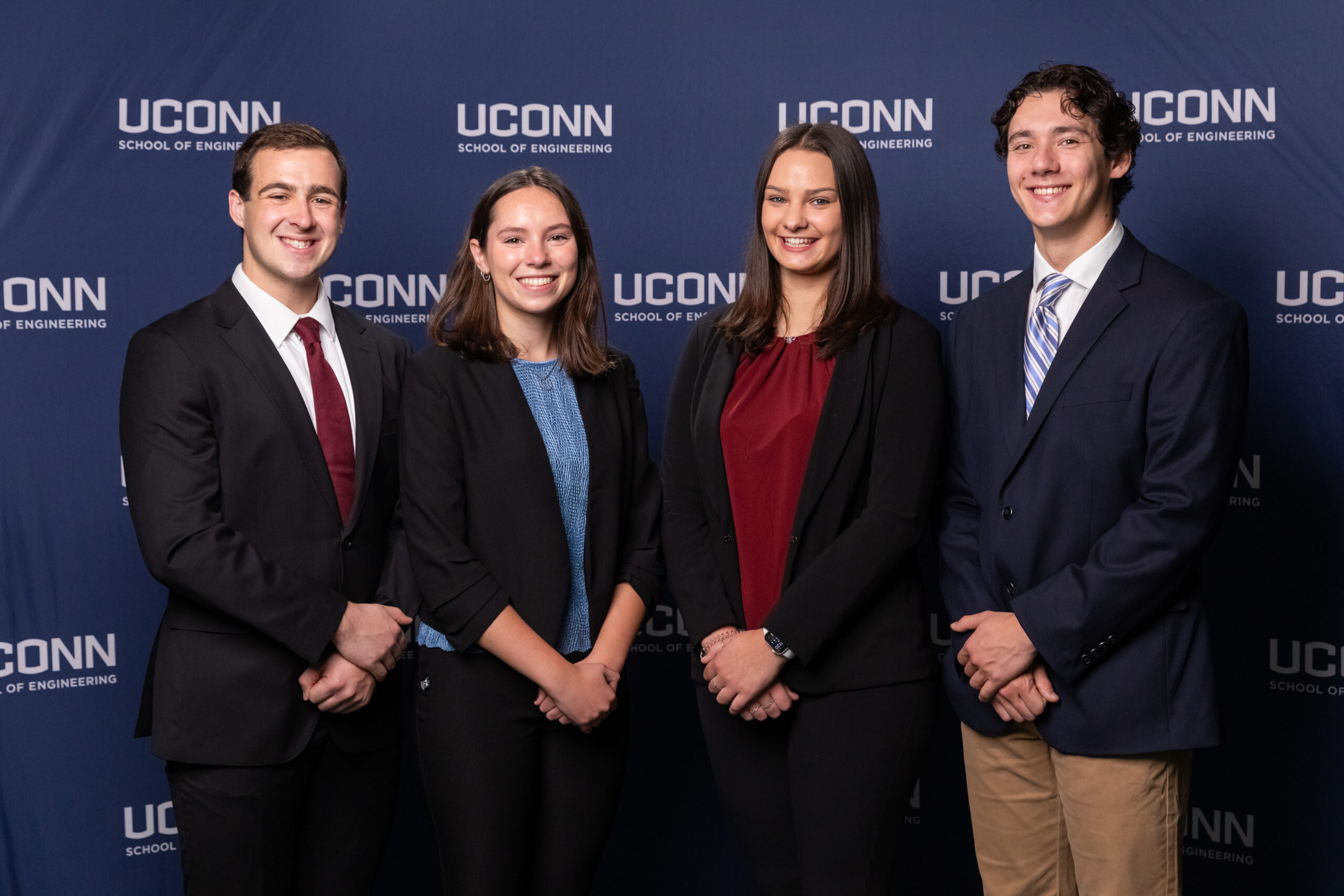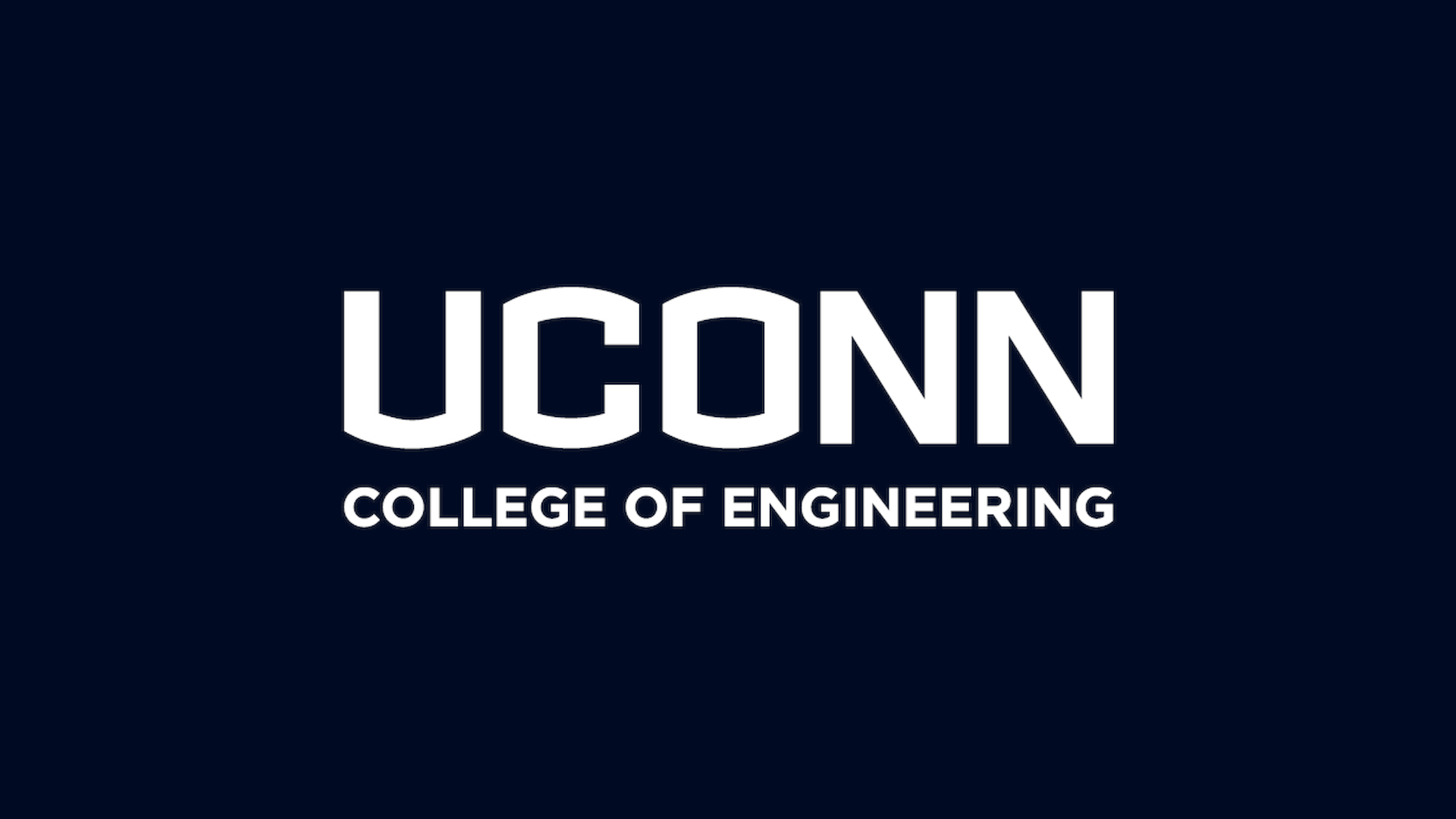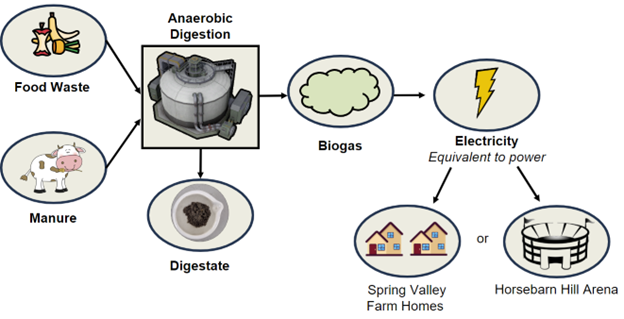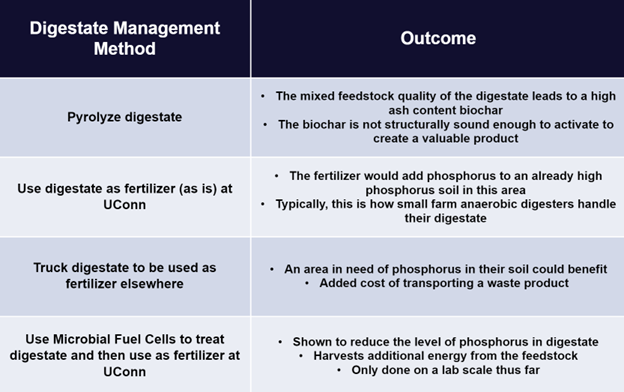

This video contains proprietary information and cannot be shared publicly at this time.
Figure 1

Figure 2

Team 9
Team Members |
Faculty Advisor |
Chase McGee |
Ioulia Valla Sponsor UConn College of Engineering |
sponsored by
Sponsor Image Not Available
Energy from Sustainable Waste Management
At UConn, food waste is a prevalent issue caused by overproduction in meeting the demand of its large student population. UConn wastes over 107 tons of food in its dining halls each year. Currently, that food waste is trucked to Quantum Biopower, located in Southington, CT, and makes up about 5% of the supply in their anaerobic digestion process. Anaerobic digestion turns food waste into biogas which is then burned to create electricity. Quantum Biopower’s process takes organic compounds that would otherwise be emitted into the atmosphere and turns them into a useful product. Our team’s goal was to design a sustainable solution to address UConn’s waste on campus. We proposed an anaerobic co-digestion facility, built on Horsebarn Hill, that uses campus food waste and the 800 tons per year of animal waste from campus farms. Combining the two feedstocks leads to more biogas production, and more electricity generation. The team performed engineering calculations to acquire the theoretical electrical production yields. This design included evaluating solutions for handling digestate, the solid byproduct of anaerobic digestion. Our team explored multiple digestate handling scenarios including pyrolysis to create biochar, fertilizer, and additional energy production using microbial fuel cells. Our project explored the economic and environmental viability of the anaerobic co-digestion process and each of these digestate management methods. The proposed design could help UConn meet its environmental goals and become a leading example for waste management across the country.
